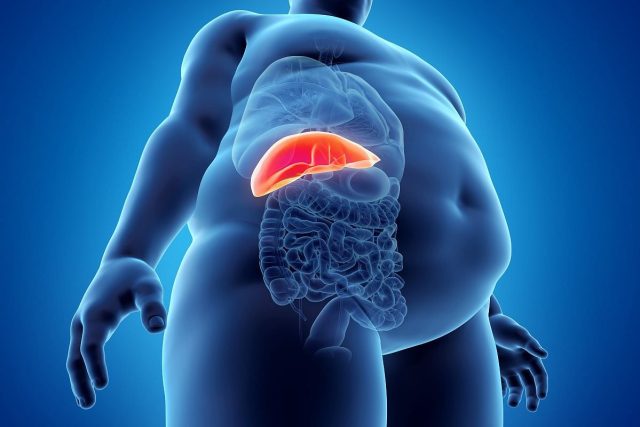Significantly lower 15-year cumulative incidence of major adverse liver outcomes seen in those undergoing metabolic surgery
By Elana Gotkine HealthDay Reporter
MONDAY, Feb. 3, 2025 (HealthDay News) — For patients with compensated metabolic dysfunction-associated steatohepatitis (MASH)-related cirrhosis and obesity, metabolic surgery is associated with a lower risk for incident major adverse liver outcomes (MALO), according to a study published online Jan. 27 in Nature Medicine.
Ali Aminian, M.D., from the Bariatric and Metabolic Institute at the Cleveland Clinic, and colleagues conducted an observational study to compare the effects of metabolic surgery and nonsurgical treatment in patients with obesity and compensated histologically proven MASH-related cirrhosis. The time-to-incident MALO was compared for 62 patients who underwent metabolic surgery and 106 nonsurgical controls who were followed for a mean of 10.0 ± 4.5 years.
The researchers found that the 15-year cumulative incidence of MALO was 20.9 and 46.4 percent in the surgical and nonsurgical groups, respectively, with an adjusted hazard ratio of 0.28. The 15-year cumulative incidence of decompensated cirrhosis was 15.6 and 30.7 percent in the surgical and nonsurgical groups, respectively (adjusted hazard ratio, 0.20).
“In the absence of approved medical therapies for compensated MASH-related cirrhosis, metabolic surgery may represent a safe and effective therapeutic option to influence the trajectory of cirrhosis in selected patients,” the authors write.
Several authors disclosed ties to the biopharmaceutical industry.
Copyright © 2025 HealthDay. All rights reserved.



















